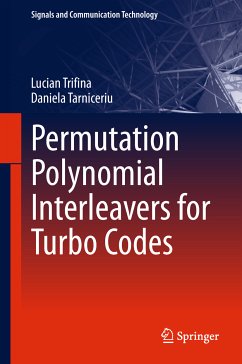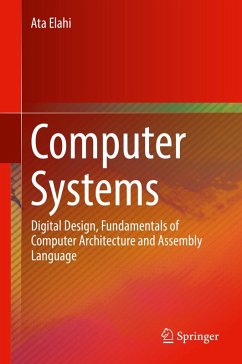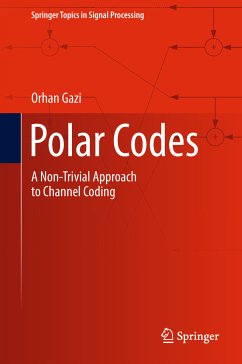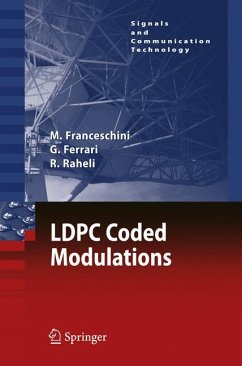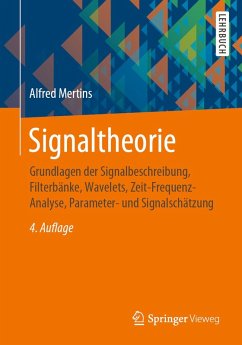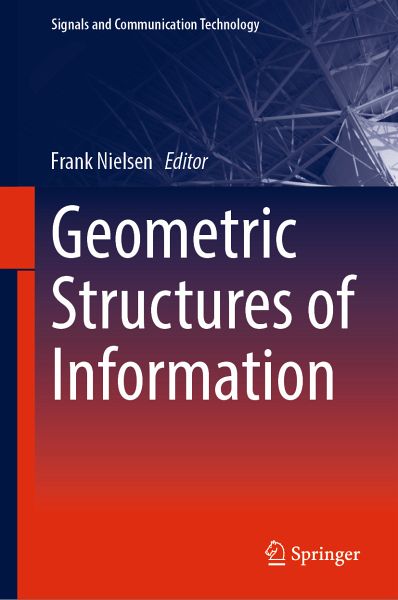
Geometric Structures of Information (eBook, PDF)
Versandkostenfrei!
Sofort per Download lieferbar
112,95 €
inkl. MwSt.
Weitere Ausgaben:

PAYBACK Punkte
56 °P sammeln!
This book focuses on information geometry manifolds of structured data/information and their advanced applications featuring new and fruitful interactions between several branches of science: information science, mathematics and physics. It addresses interrelations between different mathematical domains like shape spaces, probability/optimization & algorithms on manifolds, relational and discrete metric spaces, computational and Hessian information geometry, algebraic/infinite dimensional/Banach information manifolds, divergence geometry, tensor-valued morphology, optimal transport theory, man...
This book focuses on information geometry manifolds of structured data/information and their advanced applications featuring new and fruitful interactions between several branches of science: information science, mathematics and physics. It addresses interrelations between different mathematical domains like shape spaces, probability/optimization & algorithms on manifolds, relational and discrete metric spaces, computational and Hessian information geometry, algebraic/infinite dimensional/Banach information manifolds, divergence geometry, tensor-valued morphology, optimal transport theory, manifold & topology learning, and applications like geometries of audio-processing, inverse problems and signal processing.
The book collects the most important contributions to the conference GSI'2017 - Geometric Science of Information.
The book collects the most important contributions to the conference GSI'2017 - Geometric Science of Information.
Dieser Download kann aus rechtlichen Gründen nur mit Rechnungsadresse in A, B, BG, CY, CZ, D, DK, EW, E, FIN, F, GR, HR, H, IRL, I, LT, L, LR, M, NL, PL, P, R, S, SLO, SK ausgeliefert werden.



